At Advisors Mortgage Group, we take data privacy very seriously. In today’s world of ever changing technology, it is becoming increasingly more common for internet-enabled devices to be hacked and manipulated in malicious ways. Your sensitive information can be at risk unless some sort of barrier is in place to prevent such a thing from happening. With some of the tips included on our most recent e-mail blast, as well as the ones below, you should be more than ready for any malware issues or hack attempts you may come across.
13 Digital Data Protection Tips
1. Encrypt your data.
We all know there are tons of options for encrypting your data. Most anti-virus software nowadays comes fully loaded with encrypting applications and software to get you started. The most prominent of the bunch being Norton products for Windows machines. Apple’s OS X operating system come with FileVault, a program that encrypts the hard drive of a computer. Those running Microsoft Windows have a similar program.
2. Backup your data.
Creating a duplicate or backup of your data is essential in keeping your information secure and for making sure you don’t also lose your important information. If you are more comfortable with a tangible piece of hardware for your data, it is a great idea to back up to an external hard drive. Otherwise, you could always back up to the cloud.
3. Anti-malware and anti-virus.
As previously stated, anti-virus software is a must for anyone using a personal computer or a laptop. Anti-virus software is usually packaged with any Windows based PC machine. Most Apple computers have their own sort of anti-virus already installed within the operating system and do not need any sort of third party software to protect your data. It is also a good idea to utilize any sort of anti-virus software that helps scan incoming e-mails as certain pieces of malware can infect your system via the delivery of e-mail.
4. Install operating system updates.
Staying up to date on operating systems like Microsoft Windows and Apple OS X is important in helping you stay protected against any sort of privacy attacks. Computers and laptops nowadays usually update their operating systems on a weekly, or need-be basis whenever a critical update is available from Microsoft or Apple.
5. Secure your wireless network at your home or business.
Most individuals that use wireless routers at home are not aware of the dangers of having an open connection for anyone at access. By setting up a password on your router or any device you use as an access point to the internet, hackers and WiFi freeloaders are forced to look elsewhere in affecting certain networks.
6. Use a firewall.
It may not be necessary to set up a firewall for your home unless you often times work from home or store data that is extremely important. Most of the time, firewalls are used on business networks to help keep information from being accessed by outsiders.
7. Use “passphrases” rather than “passwords.”
A passphrase is often times more beneficial than using a password for any of your data. Instead of using a password such as “sunset”, it is a good idea to create a phrase from that password such as “sunsetduringsummer” to heighten your password security a bit more.
8. Don’t store passwords with your laptop or mobile device.
A Post-It note stuck to the outside of your laptop or tablet or any piece of random paper laying around with your passwords is a bad idea.
9. Don’t forget to delete old files from cloud backups.
After storing your old data and backups for an extended period of time, it may be a good idea to clear out anything that you do not use. In case someone actually had access to your old information, they would not be able to pull any sort of old information if it was deleted forever!
10. Take care of privacy settings immediately upon setup.
We all know that when you are excited for using a new device, most people cruise through the setup process and want to get to the ‘good stuff’ as soon as possible. Often times, the setup process of a new device is crucial in allowing the user to setup their privacy settings and create protective parameters for the information that the device will house. If you did happen to skip this crucial step, it is important to go back and take all of the recommended steps in order to keep your information safe.
11. Disable Bluetooth when you’re not using it.
It may sound like a no-brainer, but it is important to turn off your Bluetooth on any device that is not using the service when you do not need it. Having an open Bluetooth connection is just another entry point for a hacker or anyone with malicious malware they are looking to install onto your devices.
12. Enable Touch ID if you use an Apple device.
On mobile devices such as the iPhone 5s and more recent phones, there is an option to enable Touch ID for ‘logging’ into your phone. If you are constantly around other people on business or for leisure, it is a good idea to use this feature. Every time you or someone else wants to access the device they are asked for a fingerprint that can be given by the ‘Home” button on the device. It may be a touch of inconvenience, but the benefits will outweigh the risk in the end.
13. Email Security
Remember that email is not secure. To keep your private information safe, always use our secure portal to upload documents.

